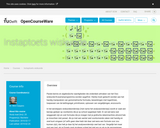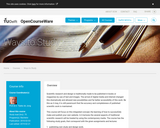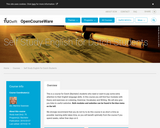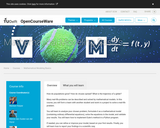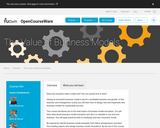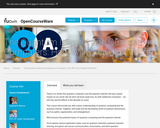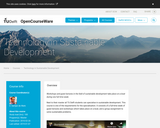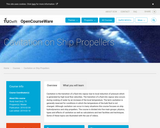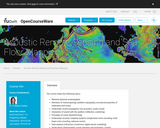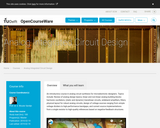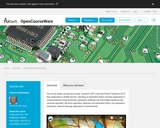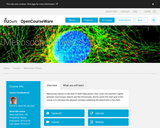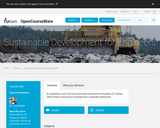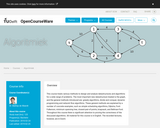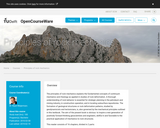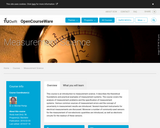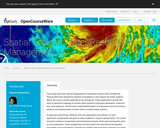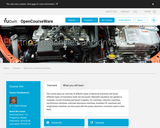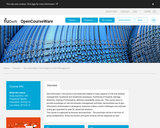
Geo-information has proven to be extremely helpful in many aspects of risk and disaster management: locational and situational awareness, monitoring of hazards, damage detection, sharing of information, defining vulnerability areas, etc. This course aims to provide knowledge on risk and disaster management activities, demonstrate use of geo-information technologies in emergency response, outline current challenges and motivate young geo-specialist to seek for advanced solutions. The course is organised as lectures and practicals. The practicals will be in the form of group assignments. Some excursions and guest lectures will be organised as well.
- Subject:
- Physical Geography
- Physical Science
- Material Type:
- Lecture
- Lecture Notes
- Reading
- Syllabus
- Provider:
- Delft University of Technology
- Provider Set:
- Delft University OpenCourseWare
- Author:
- Dr. ir. S. Zlatanova
- Date Added:
- 02/10/2016
